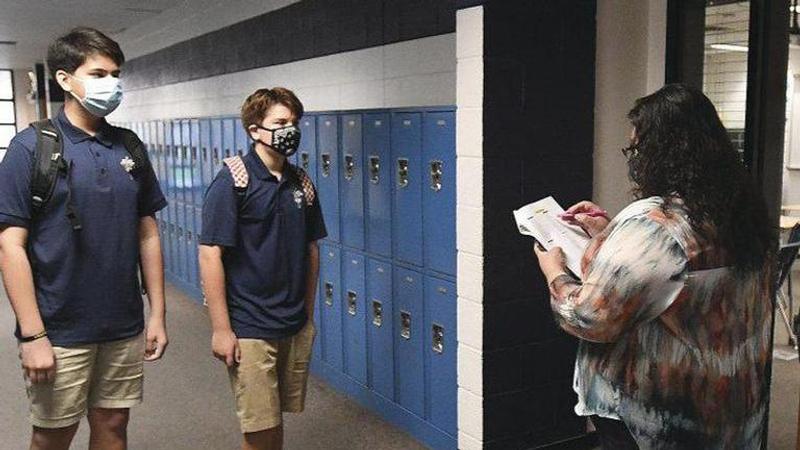Published 08:03 IST, August 7th 2020
Arizona sets virus spread guidelines for school reopenings
Arizona’s top health official and the state’s education chief laid out a series of guidelines Thursday that public schools were urged to use when deciding whether coronavirus infection rates are low enough to safely reopen for full in-person learning.

null | Image:
self
- Listen to this article
- 4 min read
Advertisement
08:03 IST, August 7th 2020




